- The Unknown
- Posts
- Queer Identity and Horror Literature: A Deep Dive
Queer Identity and Horror Literature: A Deep Dive
The Return of a Horror Classic

Looking for unbiased, fact-based news? Join 1440 today.
Join over 4 million Americans who start their day with 1440 – your daily digest for unbiased, fact-centric news. From politics to sports, we cover it all by analyzing over 100 sources. Our concise, 5-minute read lands in your inbox each morning at no cost. Experience news without the noise; let 1440 help you make up your own mind. Sign up now and invite your friends and family to be part of the informed.
Introduction
Welcome, readers, to a journey into the eerie depths where queer identity meets the unsettling world of horror literature. This exploration draws inspiration from a profound piece in Electric Literature titled "7 Books That Prove Horror Has Always Been Queer".
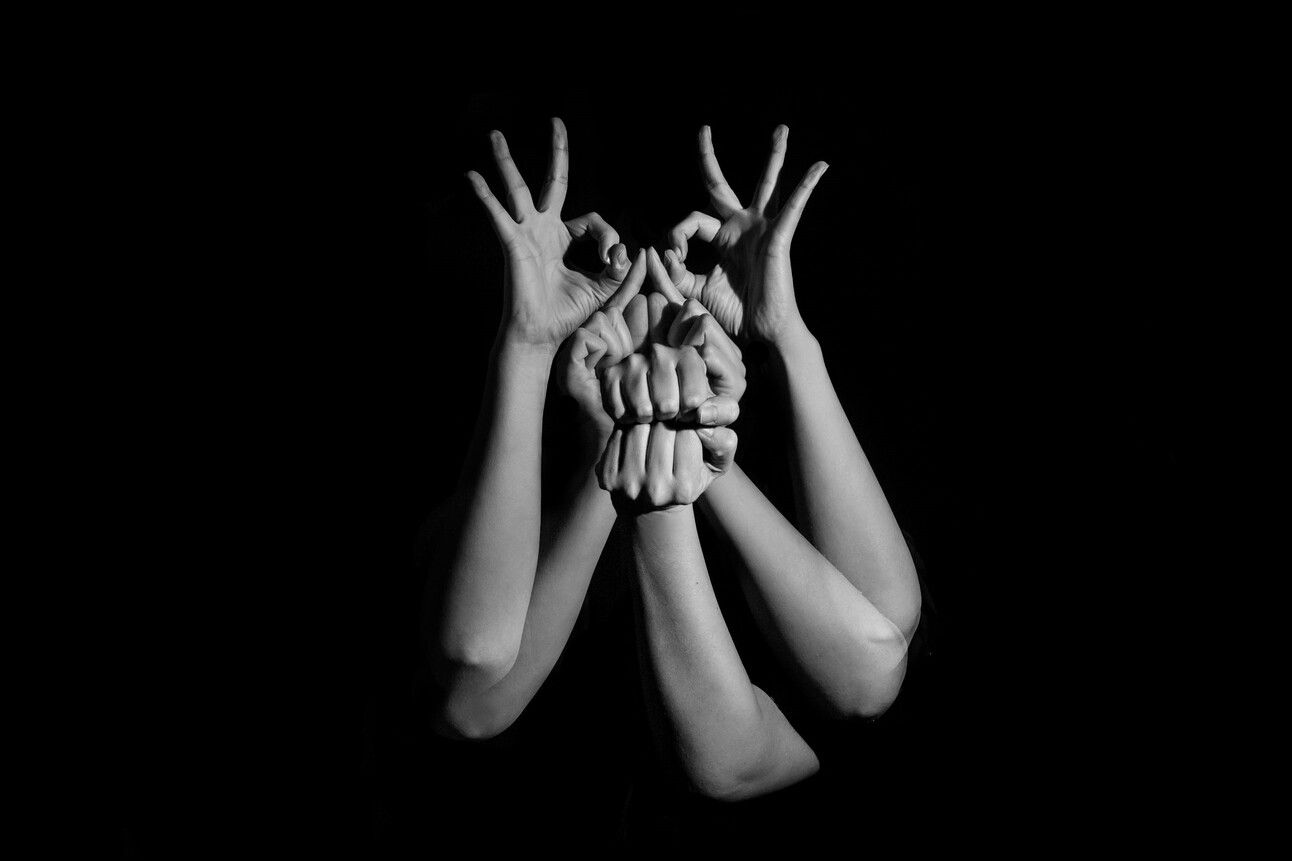
Understanding Horror and Queer Identity
Horror and queer identity may seem like an unexpected pairing, but they share a potent synergy. This connection isn't merely subtext but moves towards more explicit depictions and discussions in literature today. Our aim is to unpack this relationship and provide a richer understanding of how queer experiences have shaped, and continue to shape, the horror genre.
The Tapestry of Queer Horror Literature
The article from Electric Literature introduces a compelling thesis: horror's core elements—the monstrous and the unsettling—have always provided a space for queer articulation. It is within the blurred lines of fear and desire, and the fuzzy limit where the body meets the unknown, that horror provides a unique canvas for exploring identity and societal boundaries.
Let's dive into the notable works that embody this fascinating intersection.
1. Rivers Solomon's Model Home

In this narrative, the haunting goes beyond creaky floorboards to embody the systemic oppression and prejudice that haunt many. Through a non-binary protagonist returning to a perfect community in Texas, Solomon layers historical and ancestral trauma. Here, survival transcends physical escape, reflecting a continuous state of being marked by societal fears.
2. Mariana Enríquez's Our Share of Night
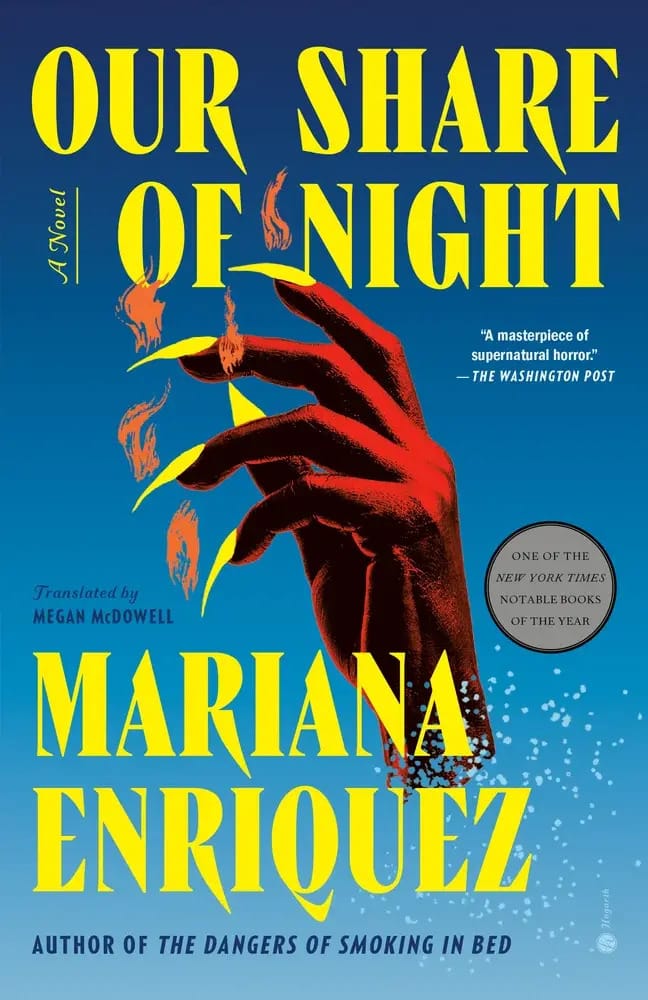
Set against the backdrop of Argentina's shadowy past, Enríquez crafts an atmospheric horror deeply tied to real-world anxieties. This tale of a father and son fleeing an occult order weaves themes of dictatorship, grief, and familial breakdown into its terrifying narrative, exploring societal legacies that are passed down or forcibly taken away.
3. Mónica Ojeda's Nefando
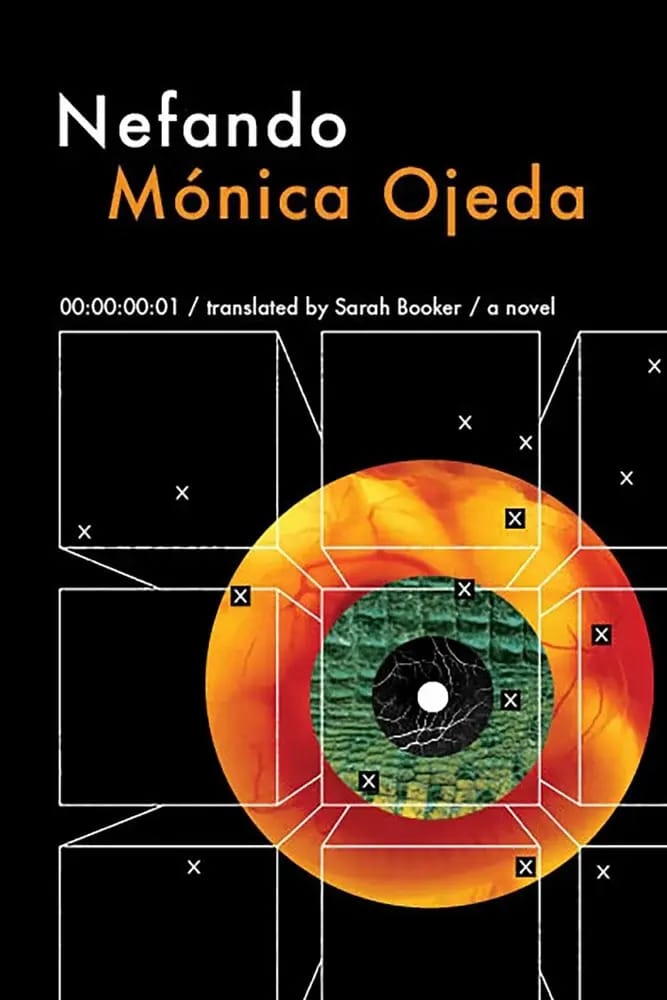
Ojeda taps into the dark corners of contemporary digital communication through a conceptual horror described as akin to a glitching internet conspiracy. Six young people, linked by a disturbing video game, find horror festering in the medium itself, where reality blurs with the virtual, and trauma behaves like a digital virus.
4. Navid Sinaki's Medusa of the Roses
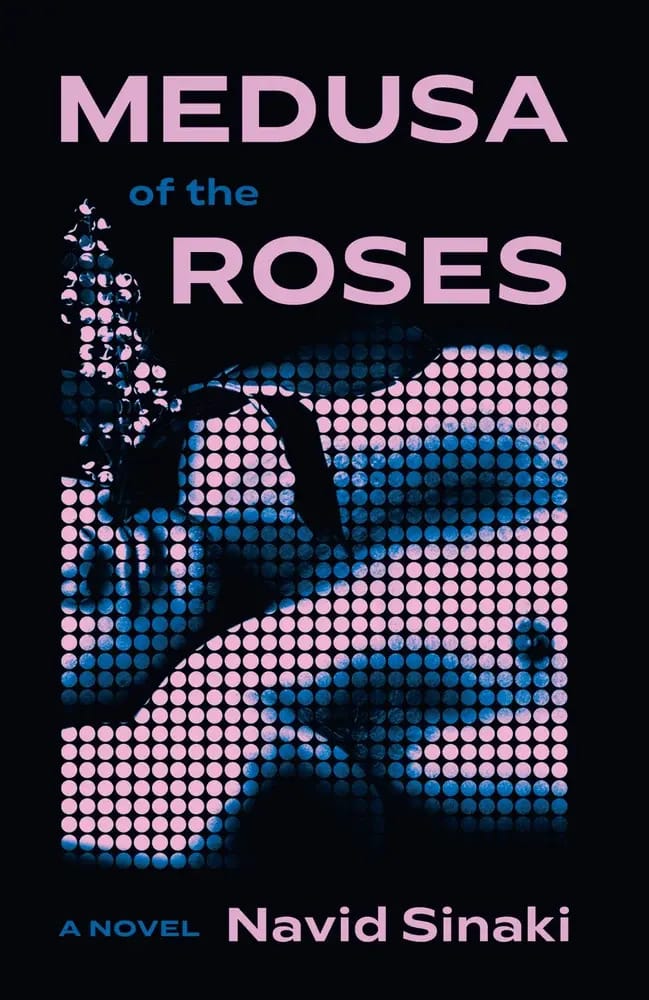
Sinaki ventures into a hypnotic fever dream exploring beauty, decay, and longing. This story of an affair between two men in Tehran twists classical mythology to reveal a sinister underside, creating a narrative drenched in existential dread and illustrating the terrifying vulnerability of being truly seen and desired.
5. Justin Phillip Reed's With Bloom Upon Them and Also with Blood: A Horror Miscellany
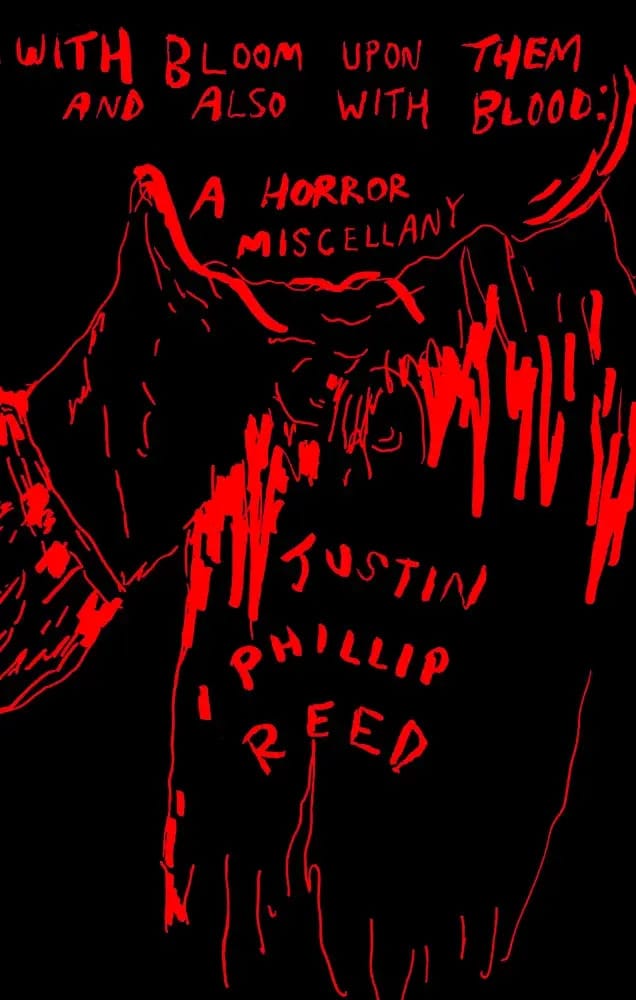
Reed's work merges nonfiction and poetry, using horror cinema as a lens to examine alienation and racial capitalism. This dissection of horror is not just critique—it’s a visceral exploration of the societal and economic anxieties that fuel horror stories, provoking questions about what society deems monstrous.
6. Zebulon House's The Psychic Surgeon Assists
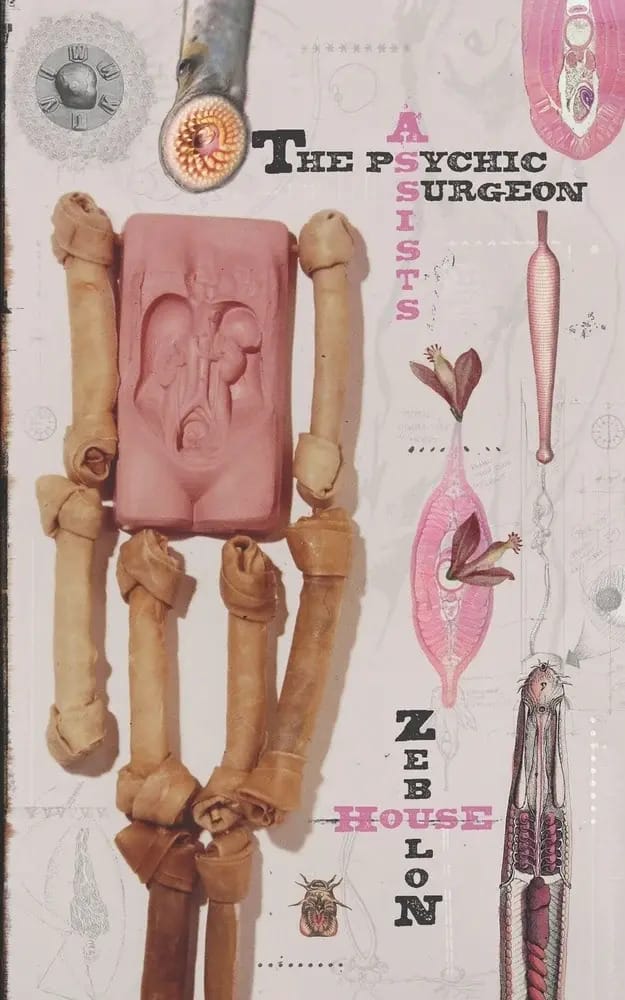
House's narrative defies genre boundaries, exploring body horror, trans erotics, and medical spectacle. It challenges readers to piece together a fragmented, unconventional prose, mirroring the visceral surgical acts depicted in the story, and blurring the lines between flesh and text.
7. Madison McCartha's The Cryptodrone Sequence
Described as a glitching cybernetic séance, this work assembles a radical blend of computer security manuals, radical black poetics, and queer post-colonial theory. Through visceral poetry and linguistic experiments, it disrupts language and challenges perceptions in our digital, surveilled age.
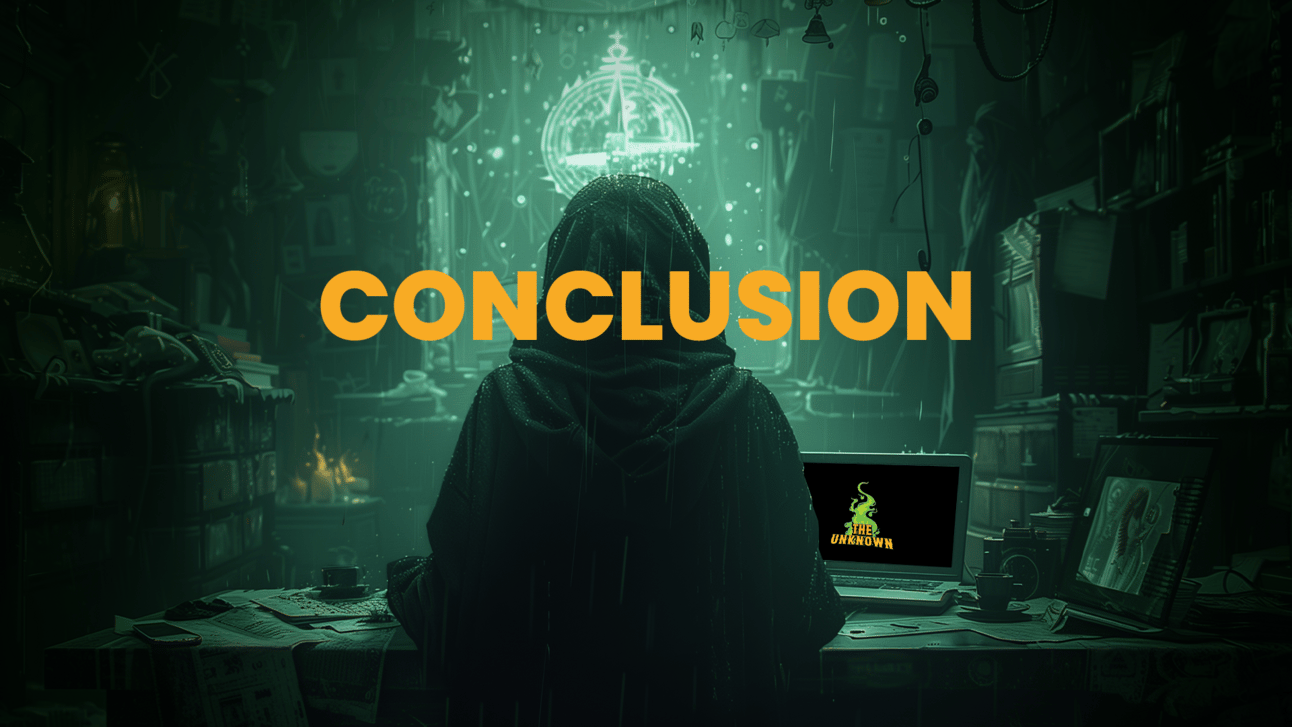
Conclusion
These stories illustrate the thesis that queer horror, deeply rooted yet ever-evolving, reshapes traditional horror elements to explore queer experiences. Horror becomes a powerful and necessary lens to examine what society deems monstrous, grotesque, and uncanny, especially concerning queer identities.
As we wrap up this deep dive, consider these questions: Where else, in what other genres, might we find unique spaces for marginalized voices to explore identity and challenge conventions? We invite you to delve into queer horror literature and perhaps discover new horizons where terror and identity intersect.
Listen to the full podcast episode here!

